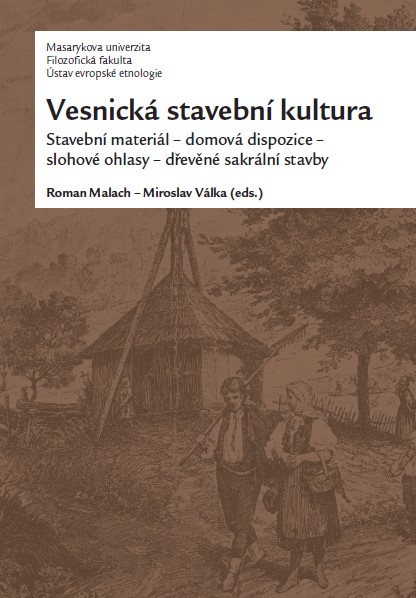
Buildings made of unburnt bricks in Berounska and Hořovick
Stavby z nepálených cihel na Berounsku a Hořovicku
Keywords: Berounsko; Hořovicko; buildings made of unburnt bricks; occurrence; names of unburnt bricks;
At the turn of the 19th and 20th centuries, when the quantity of buildings made of unburnt bricks was at the top, 30 % to 70 % of constructions were built from this material in some villages in the District of Beroun. Permanently inhabited houses, at which the unburnt bricks dominated as material of load-bearing walls, constituted 5,0 % of the total housing as late as in 1961. In the Bohemian Karst and Prague Plateau areas (north-east part of the District of Beroun), stone or brick masonry prevailed in the 19th century. The unburnt bricks were used here to a considerably smaller extent than in the rest of the region. Mud bricks, which had other four names in the regions of Berounsko and Hořovicko, often constituted supplementary material in combination with timbered constructions or stone masonry. Commonly used were mud bricks for one or even more walls (open-hearth kitchen) or to wall-up a strip from unburnt bricks as a half-storey above the house ground floor.
More...